Sri Lanka gives emergency powers to military after violence leave 7 dead
Sri Lanka has deployed thousands of troops and police to enforce a curfew after seven people were killed in the worst violence the country has seen in years in the wake of an economic crisis.
Despite the embattled premier Mahinda Rajapaksa announcing his resignation on Monday, more than 200 people were injured in fierce clashes Monday.
The military has been given the power to detain citizens without warrants for 24 hours before handing them over to the police while the private property can be searched by force.
Sri Lanka finds itself in the grip of a pandemic-spurred economic freefall, the worst since the country’s independence from Britain in 1948, which has led to shortages of food and other essentials.
People are angry over the worsening economic crisis that they believe the government is mishandling.
On Monday, Rajapaksa supporters gathered in his official residence while the outgoing prime minister told his supporters of the decision to step down.
His supporters attacked anti-government protesters with iron bars while setting fire to their tents.
According to eyewitnesses, police took no steps to stop Rajapaksa supporters, firing tear gas and water cannons afterward.
Anti-Rajapaksa supporters tore down the gates of the official residence of the prime minister called Temple of Trees.
Other lawmakers and provincial officials had their offices ransacked; files discarded and equipment smashed, according to reports.
Police spokesman Nihal Thalduwa said on Tuesday that the situation was calmer, though there were still reports of “sporadic unrest."
Critics say the roots of the crisis, the worst in several decades, lie in economic mismanagement by successive governments that amassed huge budget shortfalls and a current account deficit.
Sri Lanka has sought about $3 billion from the International Monetary Fund to overcome the balance-of-payments crisis and boost depleted reserves.
The government has also announced a sovereign default on its huge foreign debt.
The country has suffered months of blackouts and dire shortages of food, fuel, and medicines since independence in 1948.
In April, the country announced it was defaulting on its $51-billion foreign debt.
VIDEO | Iran foreign-backed terrorist attacks: Italian diplomats decry US-Israel interference
VIDEO | Israel demolishes UNRWA structures in East al-Quds
VIDEO | Press TV's news headlines
VIDEO | 100+ days of ceasefire: Israeli killing of Palestinians continue amid Intl. silence and impunity
VIDEO | EU split over new Iran sanctions amid claims of double standards
VIDEO | Gaza’s silent plague: Mysterious virus claims lives amidst total medical collapse
VIDEO | Growing transatlantic rift
VIDEO | Trump's Iran blunders


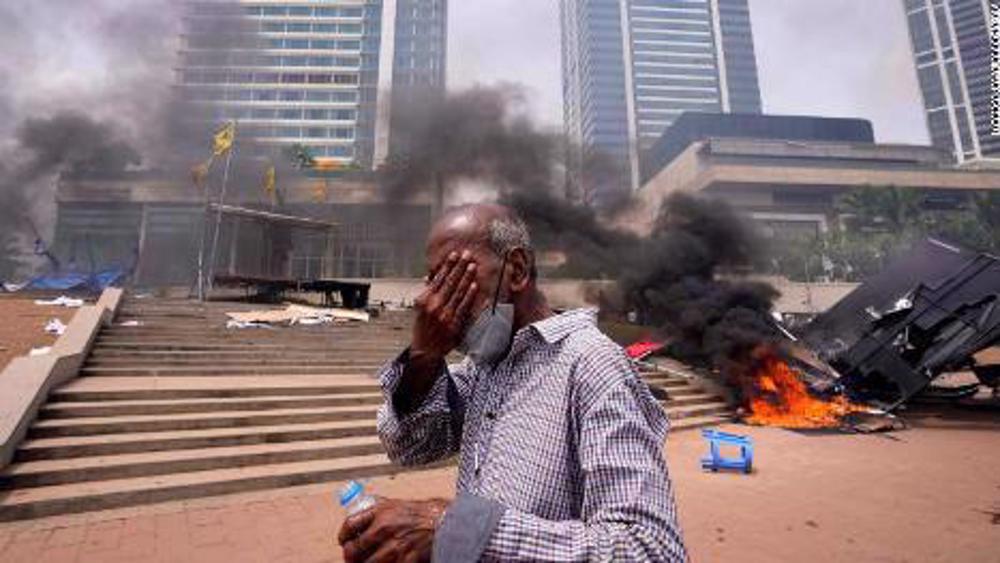

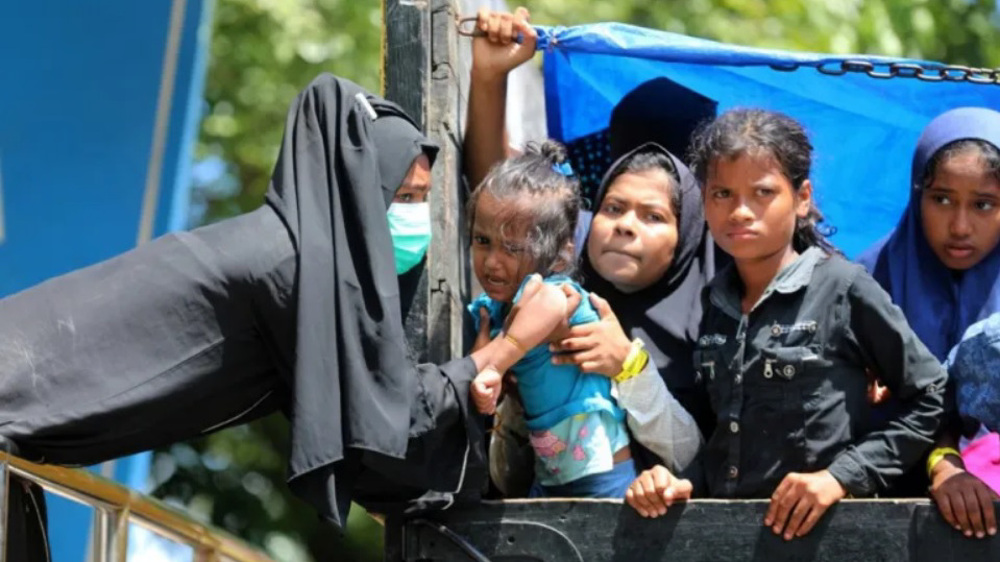
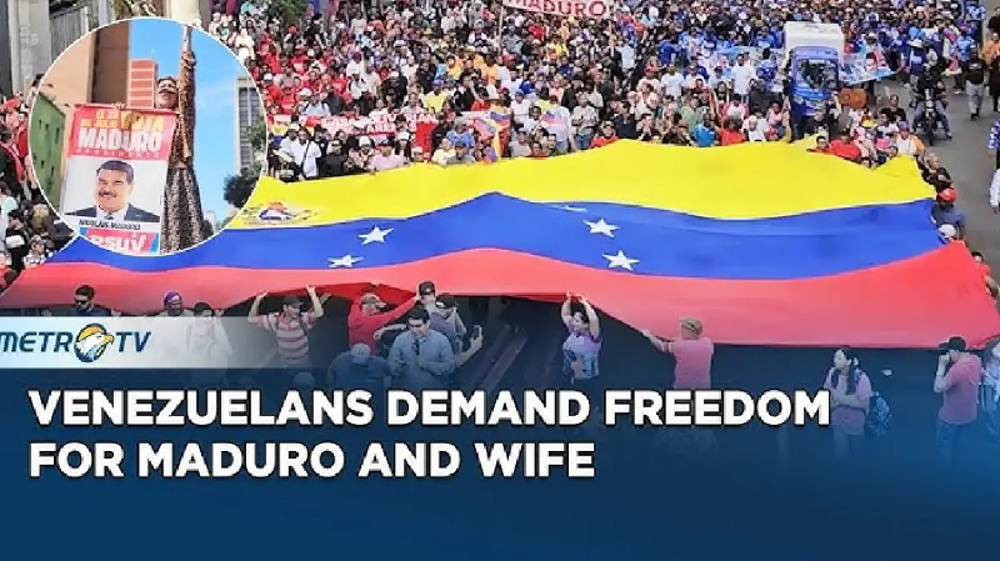



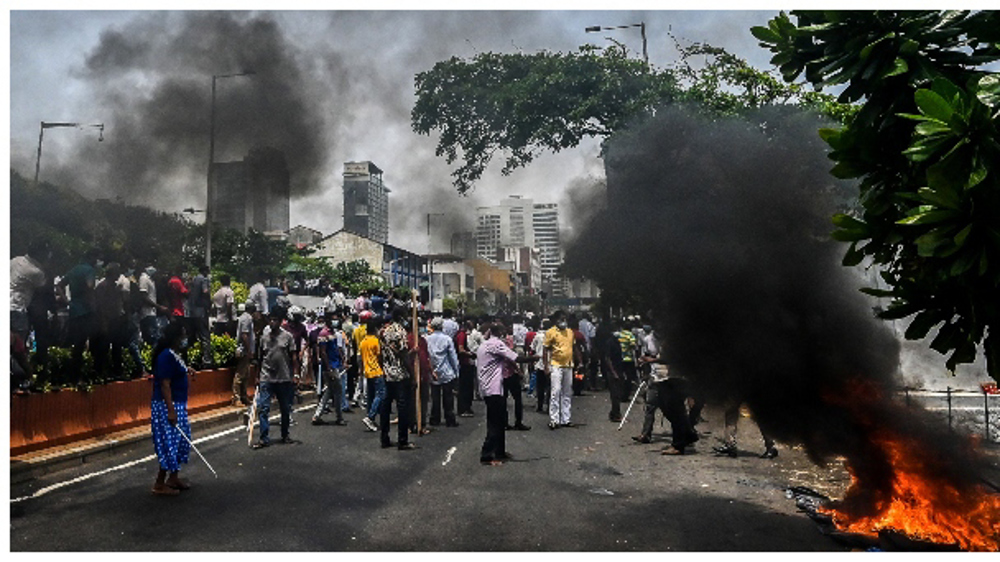
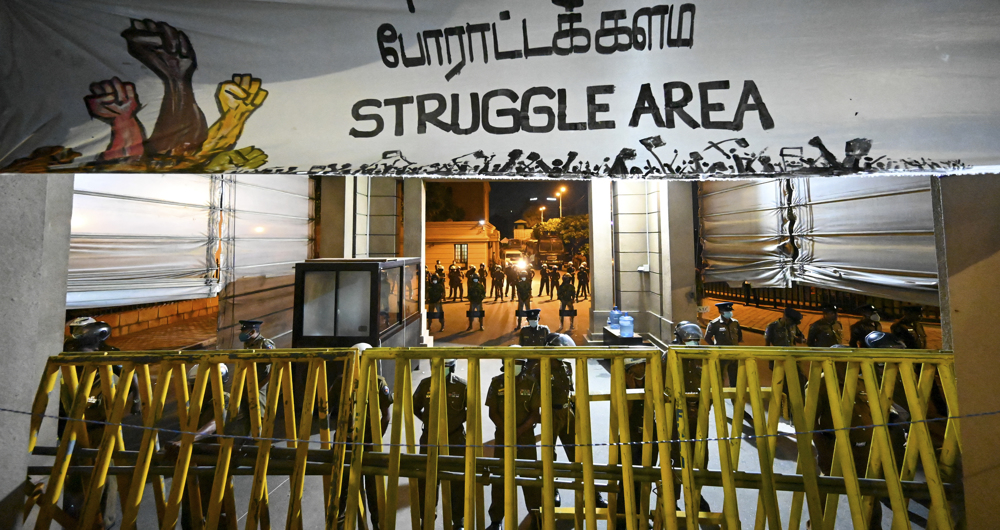
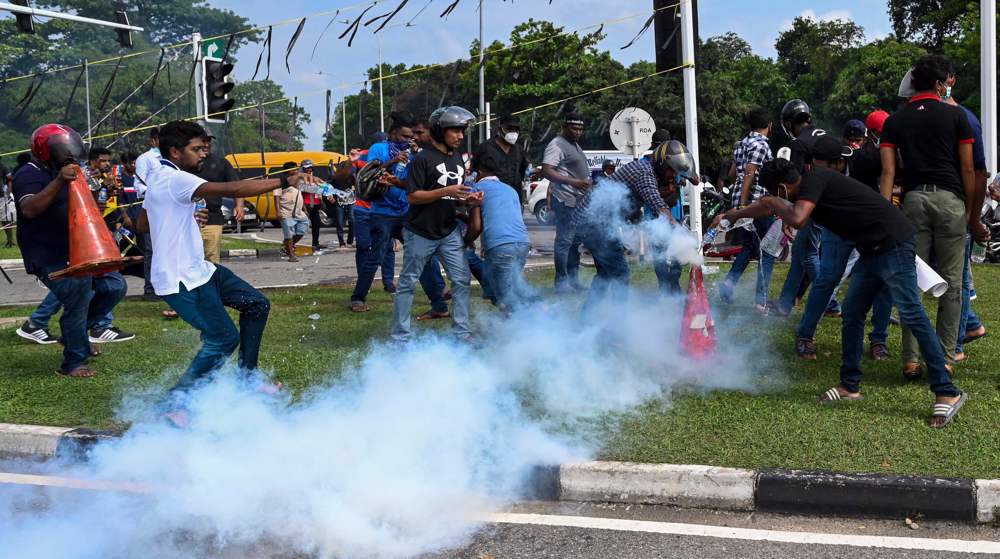
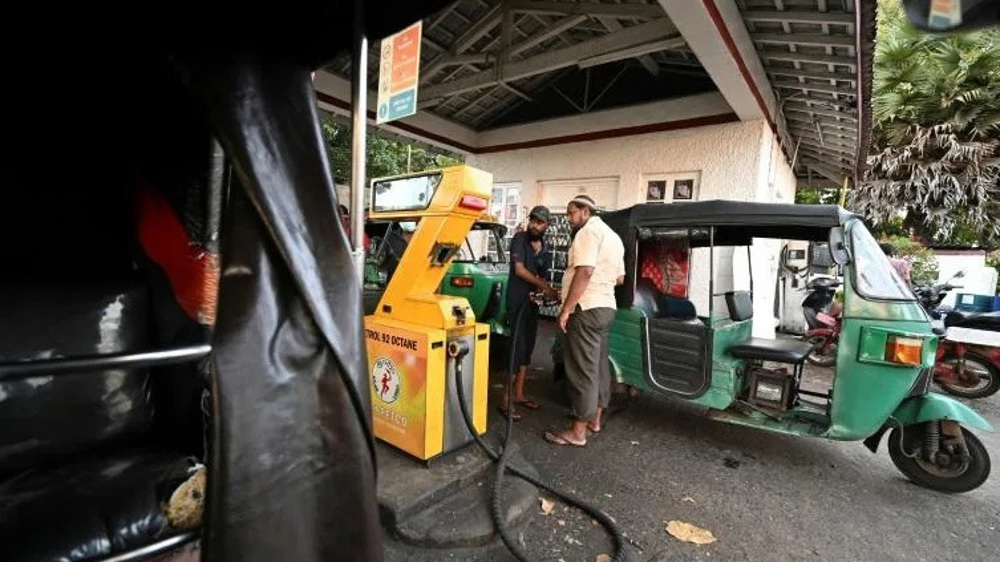
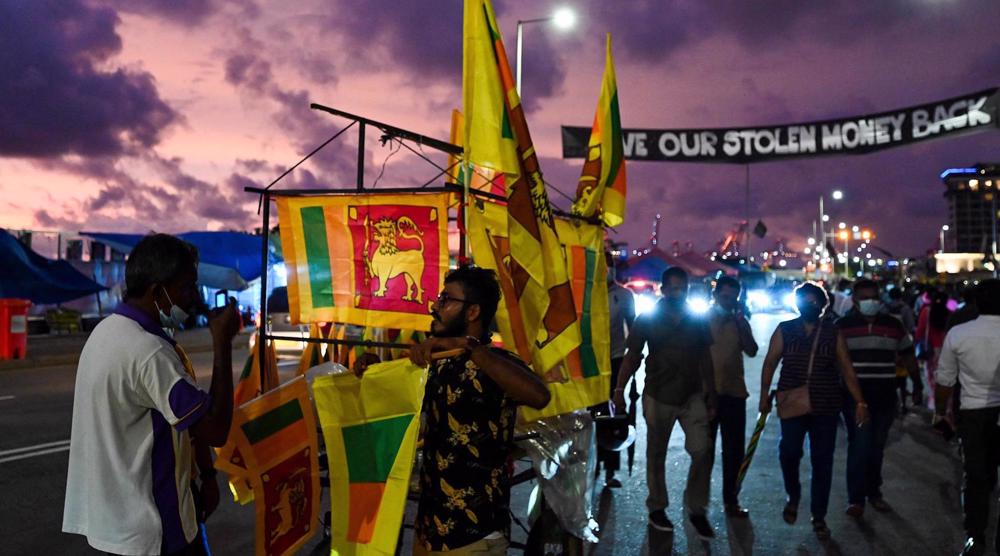

 This makes it easy to access the Press TV website
This makes it easy to access the Press TV website